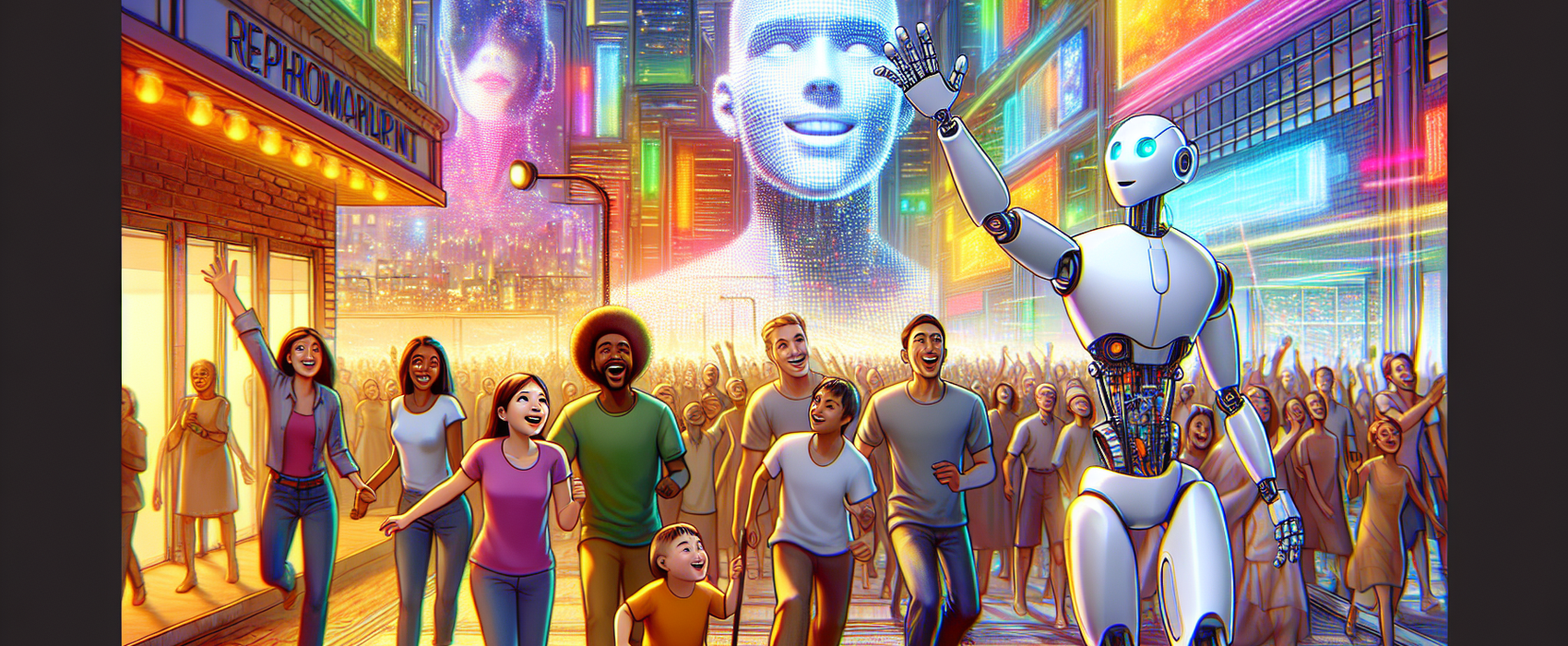Predictions for a Robotic Future
Elon Musk, CEO of Tesla, continues to make headlines with his ambitious visions for the future of humanoid robots. Speaking at the Future Investment Initiative conference in Riyadh, Saudi Arabia, Musk boldly predicted that by 2040, humanoid robots will outnumber humans globally. "I think by 2040 probably there are more humanoid robots than there are people," Musk asserted, illustrating his belief that advances in artificial intelligence (AI) will lead to widespread adoption of robots across various sectors.
Musk's assertion comes as he envisions a future where each country hosts numerous humanoid robots, significantly impacting economies and societal structures. “Every country will have an AI or multiple AIs, and there will be a lot of robots—way more robots than people,” Musk declared.
Tesla's Optimus and Affordable Robots
During the same conference, Musk also discussed Tesla’s Optimus robots, which he suggests could be economically viable with price tags projected to be in the range of $20,000 to $30,000 each. He remarked that advancing robotics could lead to an unprecedented economic expansion, as robots operate intelligently without a hard limit on numbers. This optimistic outlook aligns with Musk's vision of integrating robotics into everyday life.
Despite this, experts in the field remain skeptical. Gary Marcus, a prominent cognitive scientist and AI researcher, emphasized that while Musk's aspirations are ambitious, they might be overly optimistic. “Elon has a track record of overoptimistic predictions about AI, and this one is no different,” Marcus pointed out. He further noted the significant barriers to widespread robotic adoption, including safety, economic feasibility, and technical readiness.
Economic Considerations and Public Acceptance
While Musk envisions a world dominated by humanoid robots, Marcus contends that the reality is quite different. “There are only about 1.5 billion cars on the road; many people can’t afford one or don’t see the need,” he explained, suggesting that humanoid robots might not see broad adoption in comparison. His comments raise crucial questions about who would actually purchase these robots and for what purposes.
The current market landscape shows that even successful consumer robots, like the Roomba, have relatively modest sales figures compared to Musk’s future projections. With Roomba sales reaching approximately 50 million units globally, scaling to hundreds of millions of humanoid robots remains a stretch for many analysts.
The Political Dimension: Musk and Trump
Interestingly, as Musk promotes these ambitious technological endeavors, he is also heavily involved in the political landscape. His strong support for former President Donald Trump—evident through significant campaign contributions—has sparked discussions about the future regulatory environment for Tesla and the electric vehicle industry at large. If Trump returns to office, as he has suggested, his administration's policies could offer favorable conditions for Tesla despite vocal opposition to electric vehicles.
Musk's position as one of Trump's main supporters places him in a unique position—advocating for a company that benefits significantly from legislative frameworks established under Democratic leadership. However, the potential for policy changes under a Trump administration creates uncertainty about how Musk’s dual ambitions for robotic integration and electric vehicle advancement will coexist.
Conclusion
Elon Musk's visions for humanoid robots reflect a future that is both fascinating and challenging. While he envisions a world where robots enhance everyday life, skepticism surrounds this ambition due to economic realities and unforeseen barriers to widespread adoption. Coupled with his political engagements, Musk’s efforts may both redefine industries and provoke discussions on the intersections of technology, economy, and governance. As the conversation continues, one thing remains certain: the developments in AI and robotics will be one of the most significant narratives of the coming decades.

